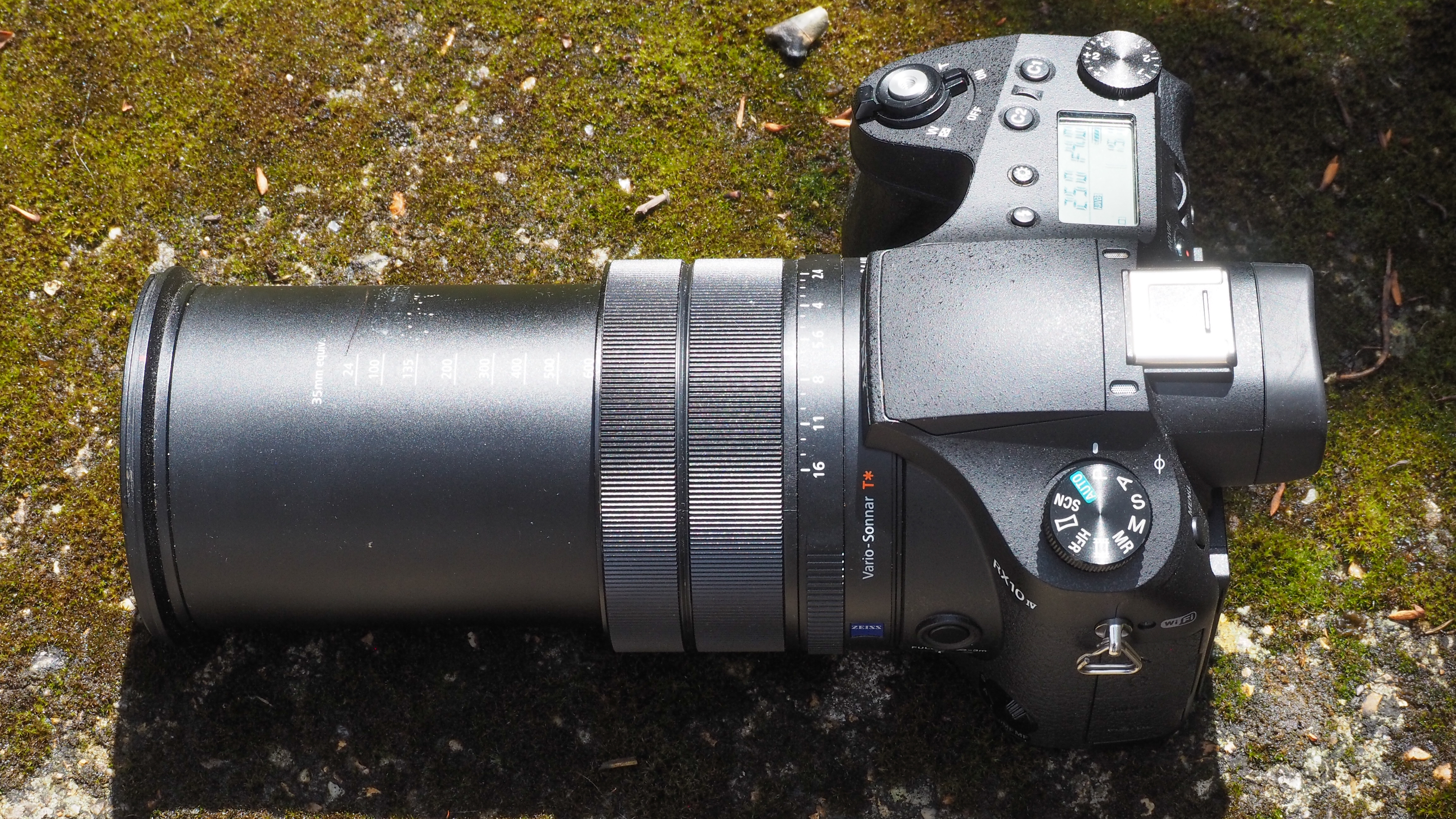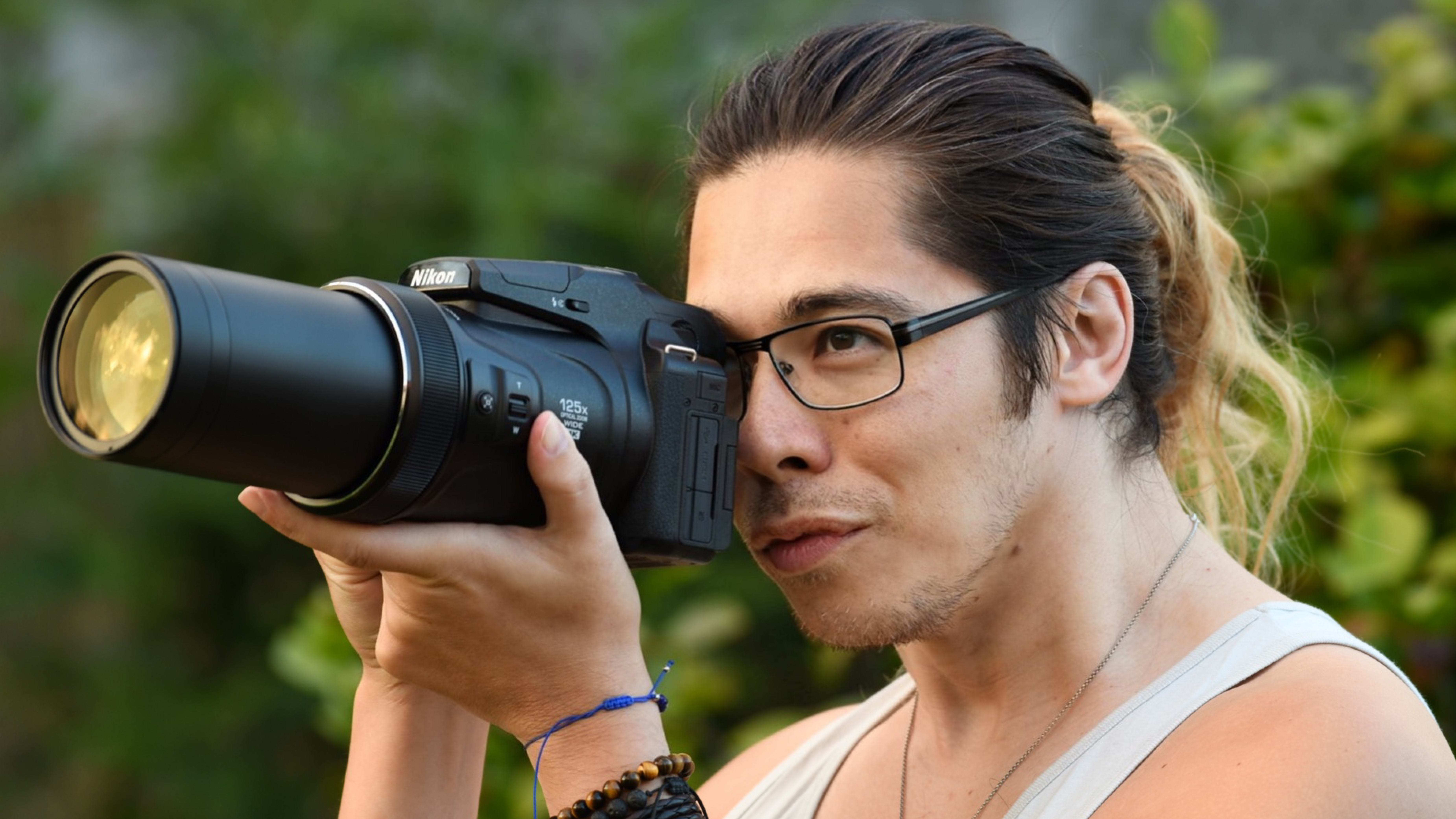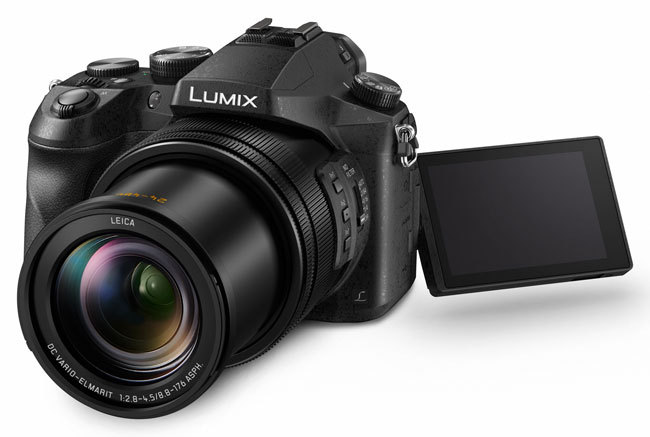The best bridge camera ever made could be going out of production
And it's rumored there'll be no replacement

According to SonyAlphaRumors, Sony's last remaining bridge camera, the RX10 Mark IV, could be discontinued in a matter of weeks. What's more, the source of this rumor also claims that Sony has no plans to replace it with a new model.
On the one hand, the RX10 IV has been around for nearly seven years, where the preceding three versions of the RX10 were on sale for less than two years each. The Mark IV has therefore had a lengthy production run and its retirement is long overdue, but it's surprising that Sony may not choose to replace it with a Mark V revision.
Read more:
Sony RX10 IV full review
The best bridge cameras in 2024

While it's no secret the camera phone has decimated even the best compact cameras, I'd argue there's still a compelling case to be made for bridge cameras, especially premium models like the RX10 IV. See, unlike some bridge cameras, this isn't just a mediocre compact camera that had a huge lens stuck to the front. Sony instead carefully engineered the RX10 IV to be a balanced camera that'd perform well across the board.
Firstly, it's capable of decent image quality thanks to its relatively large 1-inch Exmor RS stacked image sensor. Inevitably by fitting a big sensor, Sony wasn't able to pair it with a lens offering gargantuan zoom range, but the RX10 IV's 24-600mm-equivalent (equating to 25x optical zoom) lens gives a broad enough focal range for just about any real-world use case, and by being a little more modest with the overall zoom, Sony was able to make the lens fast. The RX10 IV boasts a maximum aperture of f/2.8-4 - something that's far more useful for everyday photography than just adding extra telephoto zoom to satisfy the marketing department. Finally, recognising that such a camera would be a hit with wildlife and sports photographers, Sony gave the RX10 IV plenty of processing power, enabling super-fast autofocus (lock-on speeds as rapid as 0.03 seconds were quoted in the marketing material) and up to 24fps burst shooting speed.
Of course such a powerful all-rounder was never going to be cheap, and with the RX10 IV still retailing for around $1700/£1500, it's undoubtedly a lot of cash to drop on a camera with a sensor equivalent in size to something you can find in one of the best camera phones. However, to get the same blend of image quality, big zoom and fast performance, you'd have to spend thousands more on a camera like the Sony A7 IV teamed with at least three fast lenses to cover the equivalent focal and aperture range as the RX10 IV. And then you've got the extra hassle of transporting all that gear around.

So even at its lofty price, the RX10 IV is actually a bit of a bargain, and despite now being seven years old, there's little to rival it. The Panasonic Lumix FZ2000 comes close, but its lens is no match for the Zeiss Vario-Sonnar T* optic on the RX10 IV. The Panasonic is also slower than the Sony, though it is significantly cheaper, so really there's a place in the market for both cameras.
Get the Digital Camera World Newsletter
The best camera deals, reviews, product advice, and unmissable photography news, direct to your inbox!
The continued popularity of our best bridge cameras buying guide is proof that there's still a substantial demand for bridge cameras, and we rate the RX10 IV as the best of them all. So please, Sony, if you're going to discontinue this great camera, don't just leave a gaping hole in the market it currently tops: please recognize its unrivaled versatility and replace it with an even better model!
Ben is the Imaging Labs manager, responsible for all the testing on Digital Camera World and across the entire photography portfolio at Future. Whether he's in the lab testing the sharpness of new lenses, the resolution of the latest image sensors, the zoom range of monster bridge cameras or even the latest camera phones, Ben is our go-to guy for technical insight. He's also the team's man-at-arms when it comes to camera bags, filters, memory cards, and all manner of camera accessories – his lab is a bit like the Batcave of photography! With years of experience trialling and testing kit, he's a human encyclopedia of benchmarks when it comes to recommending the best buys.

